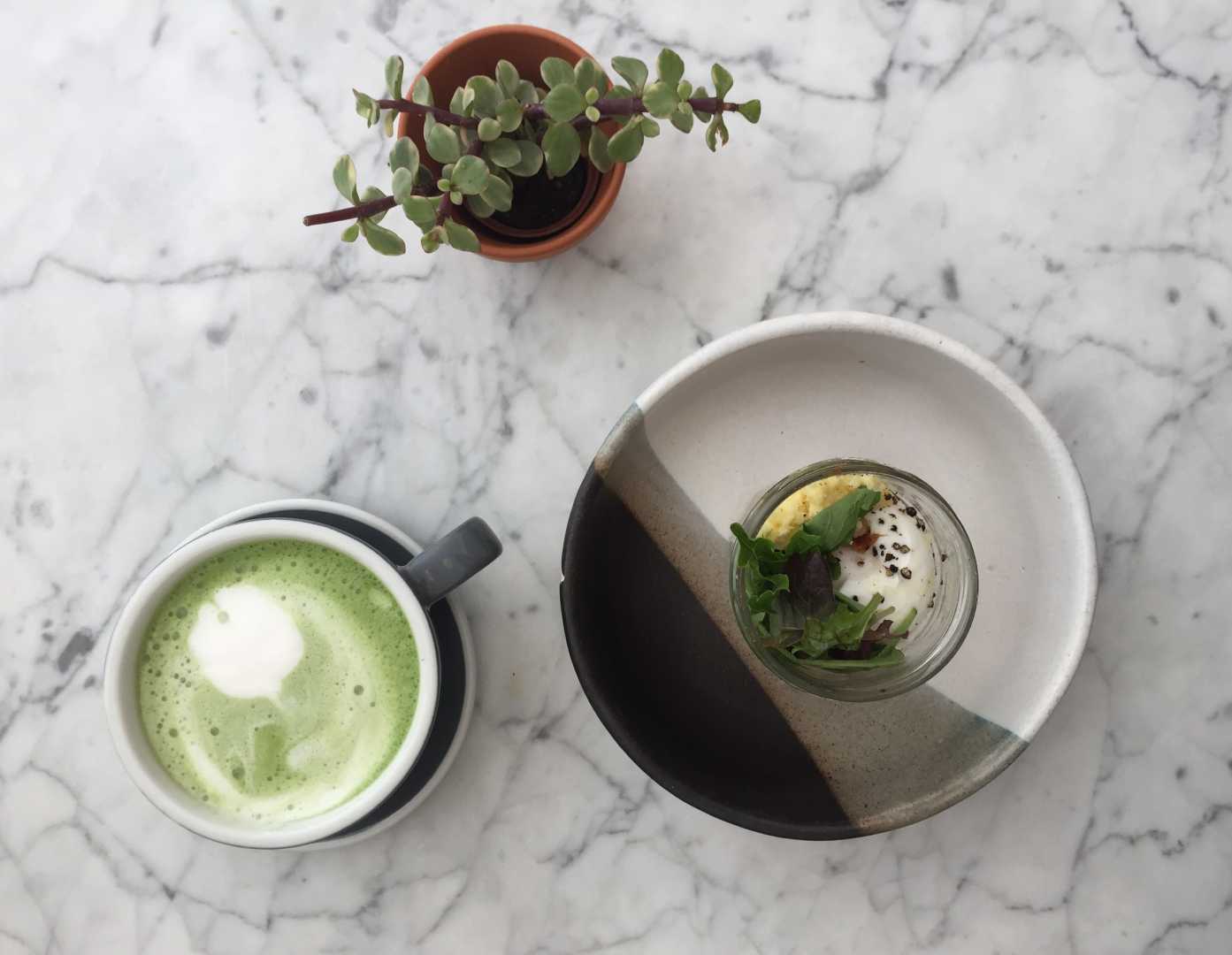Business
Matcha Craze Captivates Boston Coffee Lovers Amid Popularity Surge

BOSTON, MA — The matcha craze continues to capture the hearts of coffee lovers across Boston. Social media influencer Leah Magno, a Boston native, noted, “I definitely think there’s such a big community of matcha lovers out there, especially in Boston. I think it’s booming more than ever.” Matcha, finely ground green tea powder, has gained significant traction since its rise in popularity around 2019.
While matcha is celebrated for its health benefits, it is also embraced as a coffee alternative. Magno observed that the drink’s popularity raises the question of when matcha will move from trendy to a coffee shop classic, considering its long history. Introduced in Japan by a Zen Buddhist monk in the 12th century, matcha has remained an integral part of tea culture.
Sarah Mason, another social media influencer from New York, expressed her joy over matcha’s trending status, emphasizing the “beautiful background” behind the drink. The preparation of matcha, typically involving a bamboo whisk and other traditional tools, remains largely unchanged over centuries.
In her explorations of Boston’s matcha scene, Mason uncovered numerous cafes but ultimately compiled a ranked list of 40 spots across New England. Both influencers prefer the matcha latte, with Mason recommending a café in the South End known for its homemade almond milk.
Magno’s favorite spot is a café that serves a well-balanced matcha latte along with unique options like the matcha Einspänner and Pandan matcha latte. For matcha consumption, both influencers highlighted the importance of preference, with Mason advocating for a good matcha-to-milk ratio and Magno suggesting an ideal recipe involving whole milk and agave nectar.
Matcha varieties come in ceremonial and culinary grades, the former being of higher quality. Mason commented on the noticeable differences between grades, particularly when tasting matcha straight, as opposed to mixed with milk. “I’m honestly so OK with just drinking culinary matcha,” she mentioned, noting its affordability.
However, both influencers pointed out concerns over quality due to the increasing demand for matcha. Mason stated, “Not every coffee shop should have a matcha, especially if they’re not preparing it in a way that’s good.” Magno also lamented paying high prices for subpar matcha lattes.
The demand has led to supply challenges in Japan, with some stores limiting the number of matcha tins customers can purchase. Despite these challenges, Mason and Magno feel glad to see matcha gaining attention and sharing its cultural significance. “If you’re going to honor a culture, honor it correctly,” said Magno, referencing the traditional preparation methods essential to enjoying matcha.












